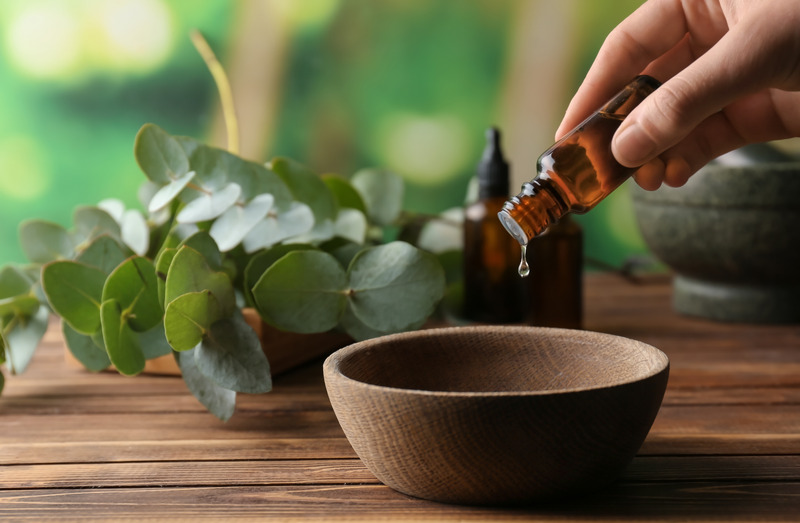Sleep apnea is a serious condition that disrupts your breathing while you sleep, leaving you tired and fatigued. To find relief, many people turn to natural remedies, and some internet circles often suggest essential oils as a solution. But can these oils really help with sleep apnea, or is it just wishful thinking? Continue reading to explore the potential benefits and limitations of using essential oils to get a better night’s rest.
What Are Essential Oils?
Essential oils are extracted from plants and have been used for centuries in aromatherapy to promote relaxation and well-being. For sleep apnea, people believe that certain essential oils help improve breathing, reduce inflammation, and offer restful sleep. While they’re certainly not a cure, some oils may provide temporary relief from symptoms like snoring or nasal congestion.
Which Oils Are Useful Against Sleep Apnea?
So, if you want to try essential oils for yourself, which ones are the best to experiment with to improve your sleep symptoms?
Lavender Oil
Lavender is known for its calming properties. It may help you relax and improve the quality of your sleep. While it doesn’t directly treat sleep apnea, its relaxing effects could make it easier for you to fall and stay asleep through the night.
Peppermint Oil
Peppermint has anti-inflammatory properties that can help open up your airways. For people with sleep issues caused by nasal congestion, using peppermint oil in a diffuser or applying it to your chest may help reduce snoring and improve airflow.
Eucalyptus Oil
Like peppermint, eucalyptus oil is often used to clear congestion and improve breathing. Its decongestant properties may help alleviate symptoms of an obstructed airway, making it easier to breathe at night.
What Essential Oils Won’t Do for Sleep Apnea
While essential oils may help manage certain symptoms, it’s important to understand that they have limits. Sleep apnea is a medical condition that often requires professional treatment. Essential oils can’t address the root cause of the issue, whatever form it takes. Treatments like CPAP (continuous positive airway pressure) machines and oral appliances are far more effective in managing the condition long-term.
How Should I Use Essential Oils for Sleep Apnea?
If you want to try essential oils, it’s important to use them safely. Here are some best practices:
- Diffuse, Don’t Ingest: Essential oils are strong, and ingesting them can be harmful. Use a diffuser to disperse the scent in your bedroom.
- Dilute with a Carrier Oil: If you want to put the oils on your skin, always dilute them with a carrier like coconut or almond oil to avoid skin irritation.
- Talk to Your Doctor: Always consult with your doctor before using essential oils, especially if you’re already receiving treatment for sleep apnea.
While essential oils can’t replace traditional sleep apnea treatments, they may complement them by helping you relax and breathe easier at night. If you’re interested in exploring natural options, it’s best to take some cautionary steps first! Speak with your doctor and your dentist to ensure they’re safe to use alongside your current treatment plans.
About the Practice
At GoTo Sleep Center Glendale, we use state-of-the-art technology and practiced techniques to effectively treat sleep apnea. Our team is dedicated to helping you breathe easier and sleep better with personalized treatment plans! Call (623) 600-4215 to schedule a sleep apnea consultation with our team or visit our website to explore a full menu of services.

